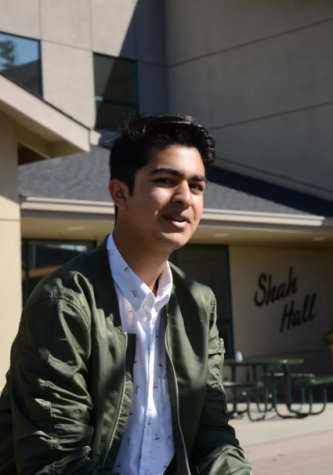Humans of Harker: Ezra Bekele has faith in the underdog
“I think honestly, [the current state of the environment is] not good. I don’t want to say it’s hopeless, but it’s looking that way if we don’t do something about it soon. I think there’s a lot of growth for humans developing technology to try and solve the problems in the environment right now. It’s going to be interesting to see what we can come up with,” Ezra Bekele (12) said.
December 30, 2016
Out of all the biblical stories Ezra Bekele (12) reads to children at his church, David and Goliath resonates with him the most.
“[The story] shows that you can do pretty much anything,” Ezra said. “David’s a really small kid and Goliath is this huge guy, and Goliath is favored to win. They’re fighting, and then David ended up winning. According to the story, he believed in God; that’s what allowed him to win. Goliath didn’t, so that’s why he lost.”
Ezra has gone to his Ethiopian church ever since he can remember, and he started teaching there in middle school. Interacting with students has inspired him to root for the underdog—whether that’s embracing the younger members of his Ethiopian community or volunteering at schools with fewer STEM resources.
“The church is a place for our culture,” he said. He gazes contemplatively to the side, long pauses punctuated with bursts of speech. “For Ethiopians especially, there’s not that many places where you can go and find other Ethiopians, so the church is good for that. This past week, I had a class where I was teaching the kids about one of the Bible stories that we were learning about. I was talking about Jesus, and I was explaining to the kids how he relates to our lives.”
Just as he guides younger members of his church, Ezra also serves as a role model for middle schoolers with an interest in STEM. As a volunteer at a local Palo Alto middle school, he helps with labs and activities in the classroom.
“One time, we were doing the Coke and Mentos experiment, and they were asking, ‘Why does Sprite go higher than Fanta?’” he said. “I explained to them the reason, and they were like, ‘Oh, that’s so cool!’ It was just funny to see the kids interacting and wanting to learn more about the science.”
To Ezra, volunteering is a way to show gratitude for the teachers and resources that fostered his initial interest in the sciences.
“Especially since Harker kids are so educated in STEM, I want [the kids I teach] to be on the same playing field when they go to college and when they go into the workforce,” he said.
Ezra’s involvement in STEM lies mainly in computer science, an interest which he applies to problems in biology and environmental science. In an amalgam of the three subjects, he hopes that analyzing the gradual genetic changes in a species can predict broader environmental trends.
“I think being able to get the DNA sequence is a really key feature,” he said. “We can get the genome of animals and see how they could play a role in the environment and how the mutation of one gene in their sequence could affect their desire to eat more fruits or something. If we can see how animals’ genomes change, then maybe we can predict, over the long term, how the environment will change.”
In the face of a volatile environment, Ezra believes that alternative energy solutions and modified government policies can mitigate the damage that humans have done.
“I think honestly, [the current state of the environment is] not good,” he said. “I don’t want to say it’s hopeless, but it’s looking that way if we don’t do something about it soon. I think there’s a lot of growth for humans developing technology to try and solve the problems in the environment right now. It’s going to be interesting to see what we can come up with.”
































![Setter Emma Lee (9) sets the ball to the middle during the match against Pinewood on Sept. 12. “[I’m looking forward to] getting more skilled, learning more about my position and also becoming better friends with all of my teammates, Emma said.](https://harkeraquila.com/wp-content/uploads/2023/09/DSC_4917-2-1200x795.jpg)
































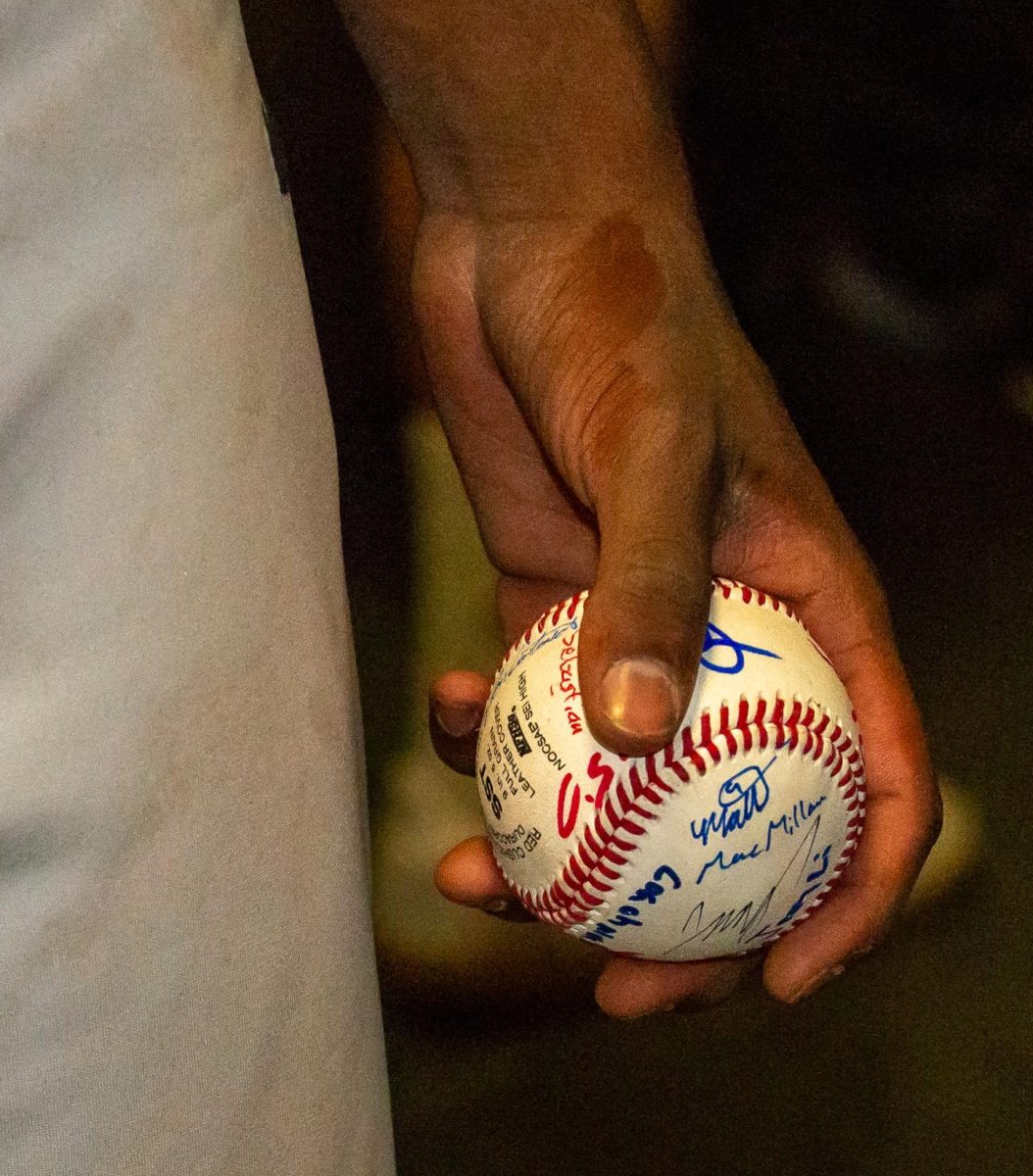
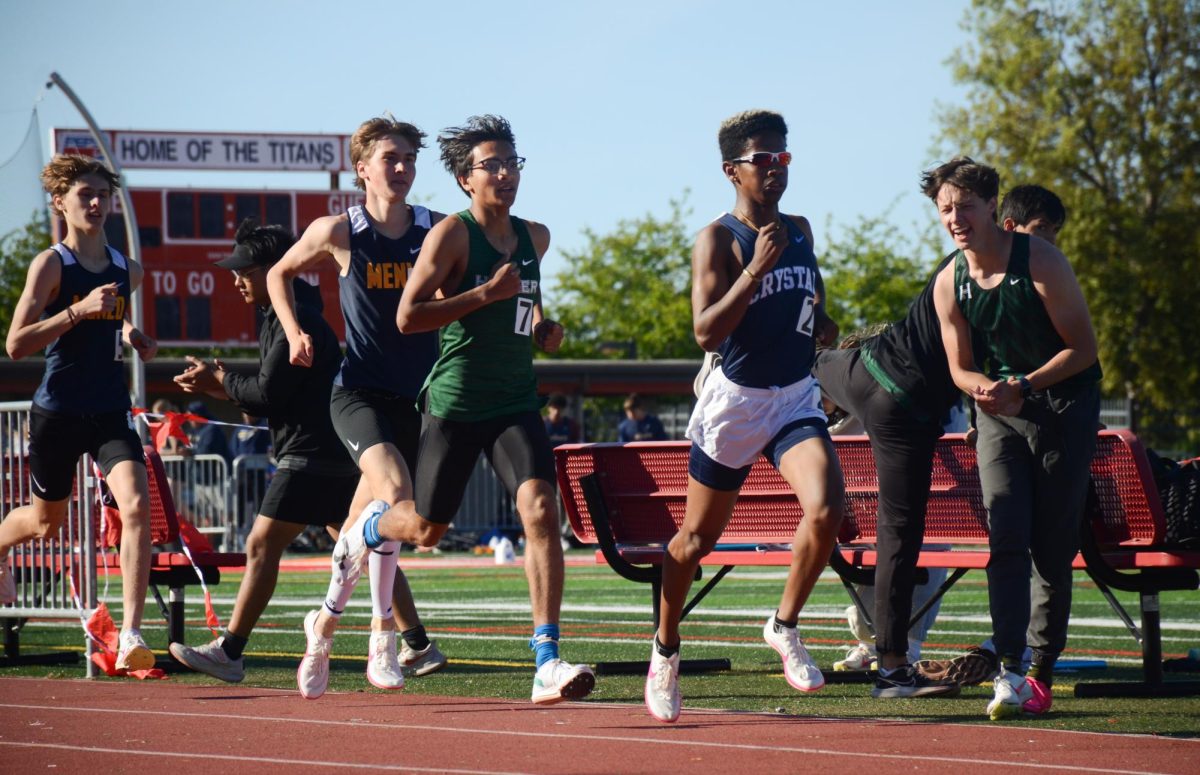

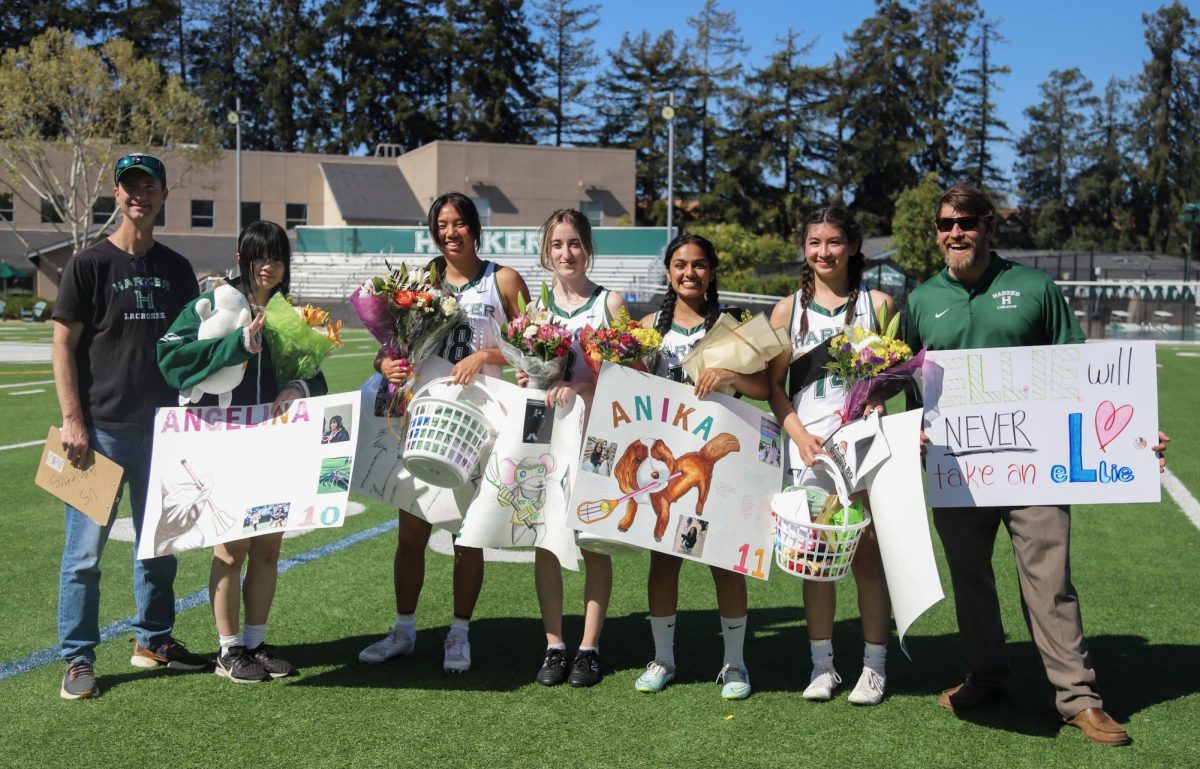





























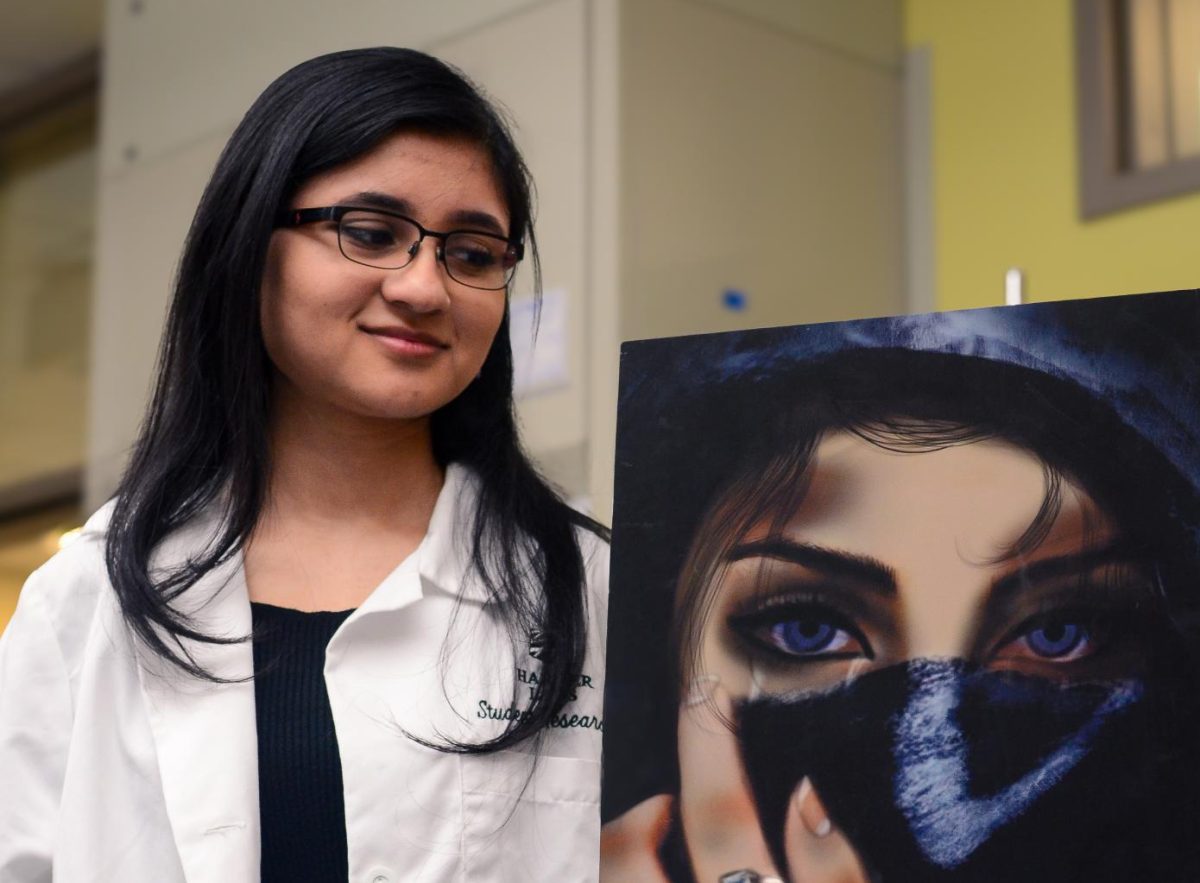

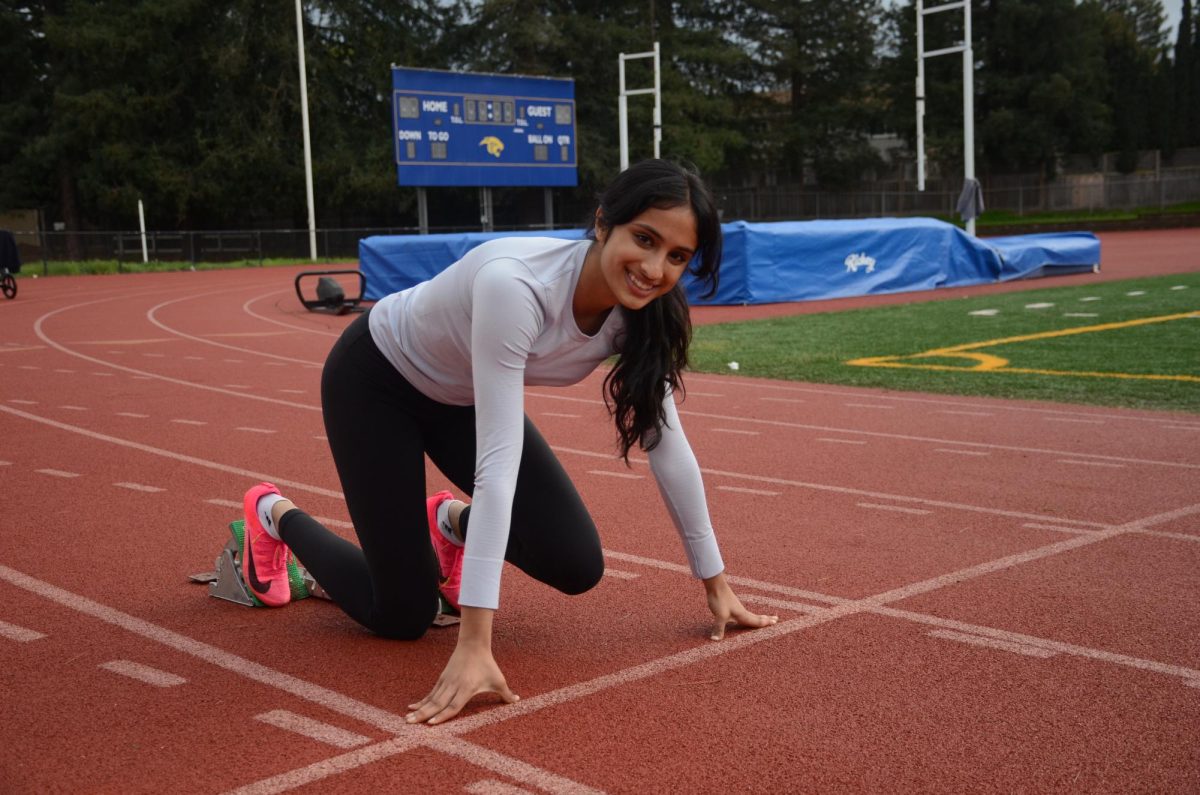

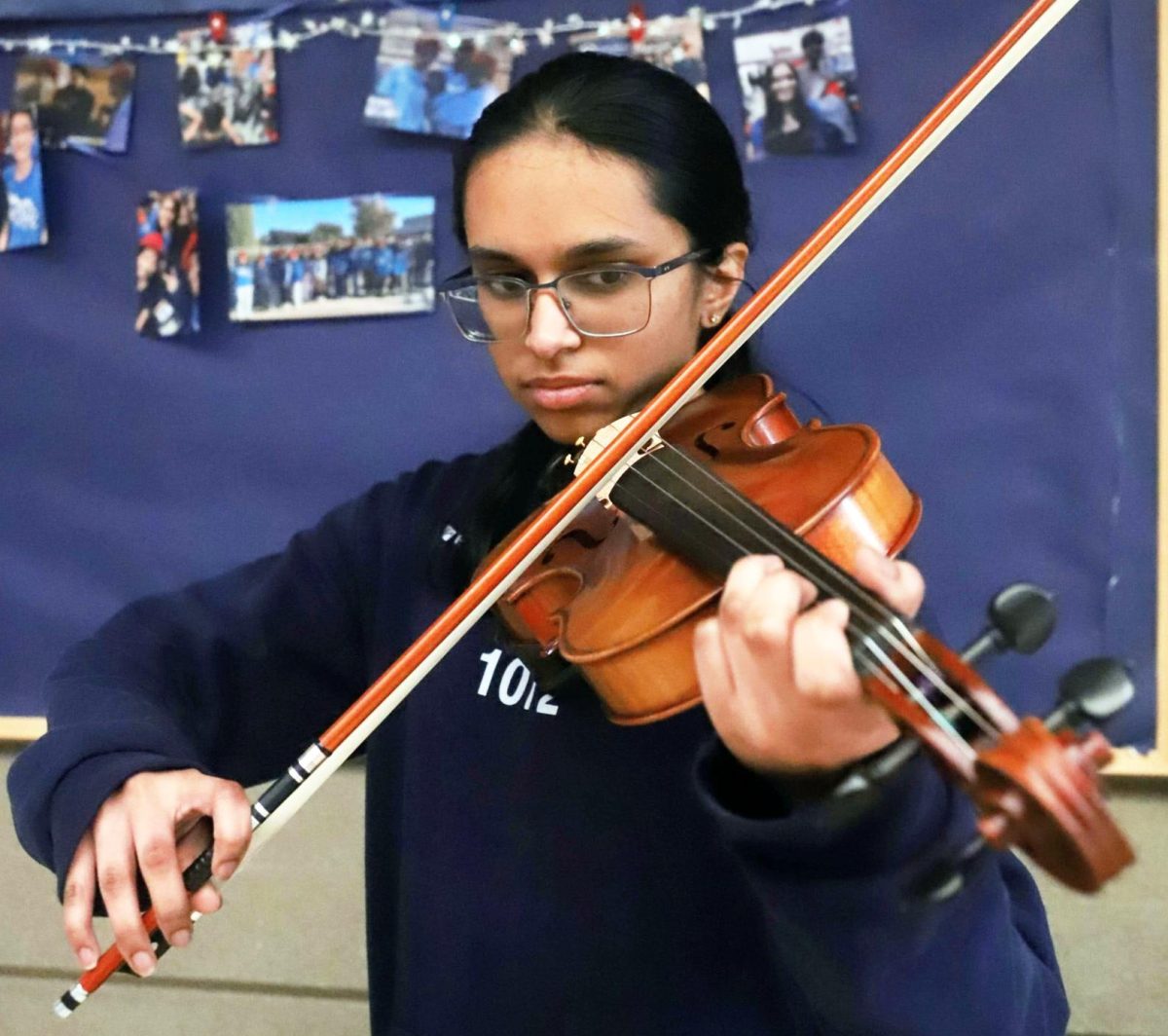
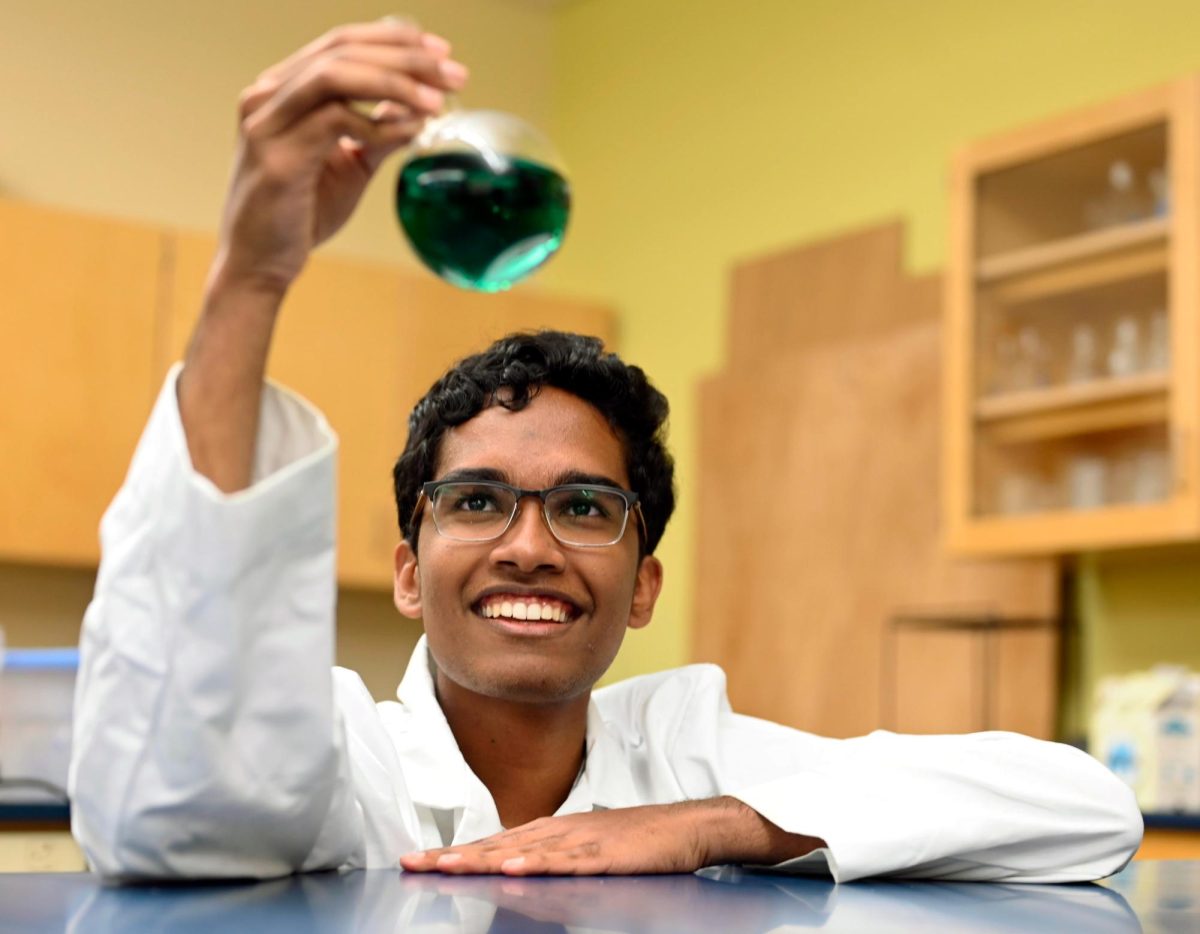








![“[Building nerf blasters] became this outlet of creativity for me that hasnt been matched by anything else. The process [of] making a build complete to your desire is such a painstakingly difficult process, but Ive had to learn from [the skills needed from] soldering to proper painting. Theres so many different options for everything, if you think about it, it exists. The best part is [that] if it doesnt exist, you can build it yourself, Ishaan Parate said.](https://harkeraquila.com/wp-content/uploads/2022/08/DSC_8149-900x604.jpg)


![“Animation just clicked in a way. I had been interested in art, but that felt different. [Animation] felt like it had something behind it, whereas previous things felt surface level. I wasnt making that crazy of things, but just the process of doing it was much more enjoyable, Carter Chadwick (22) said.](https://harkeraquila.com/wp-content/uploads/2022/08/Screen-Shot-2022-08-16-at-9.44.08-AM-900x598.png)


![“When I came into high school, I was ready to be a follower. But DECA was a game changer for me. It helped me overcome my fear of public speaking, and its played such a major role in who Ive become today. To be able to successfully lead a chapter of 150 students, an officer team and be one of the upperclassmen I once really admired is something Im [really] proud of,” Anvitha Tummala (21) said.](https://harkeraquila.com/wp-content/uploads/2021/07/Screen-Shot-2021-07-25-at-9.50.05-AM-900x594.png)



![“[Volleyball has] taught me how to fall correctly, and another thing it taught is that you don’t have to be the best at something to be good at it. If you just hit the ball in a smart way, then it still scores points and you’re good at it. You could be a background player and still make a much bigger impact on the team than you would think,” Anya Gert (’20) said.](https://harkeraquila.com/wp-content/uploads/2020/06/AnnaGert_JinTuan_HoHPhotoEdited-600x900.jpeg)

![“Im not nearly there yet, but [my confidence has] definitely been getting better since I was pretty shy and timid coming into Harker my freshman year. I know that theres a lot of people that are really confident in what they do, and I really admire them. Everyones so driven and that has really pushed me to kind of try to find my own place in high school and be more confident,” Alyssa Huang (’20) said.](https://harkeraquila.com/wp-content/uploads/2020/06/AlyssaHuang_EmilyChen_HoHPhoto-900x749.jpeg)













![“My slogan is ‘slow feet, don’t eat, and I’m hungry.’ You need to run fast to get where you are–you arent going to get those championships if you arent fast,” Angel Cervantes (12) said. “I want to do well in school on my tests and in track and win championships for my team. I live by that, [and] I can do that anywhere: in the classroom or on the field.”](https://harkeraquila.com/wp-content/uploads/2018/06/DSC5146-900x601.jpg)

![“I think getting up in the morning and having a sense of purpose [is exciting]. I think without a certain amount of drive, life is kind of obsolete and mundane, and I think having that every single day is what makes each day unique and kind of makes life exciting,” Neymika Jain (12) said.](https://harkeraquila.com/wp-content/uploads/2017/06/Screen-Shot-2017-06-03-at-4.54.16-PM.png)





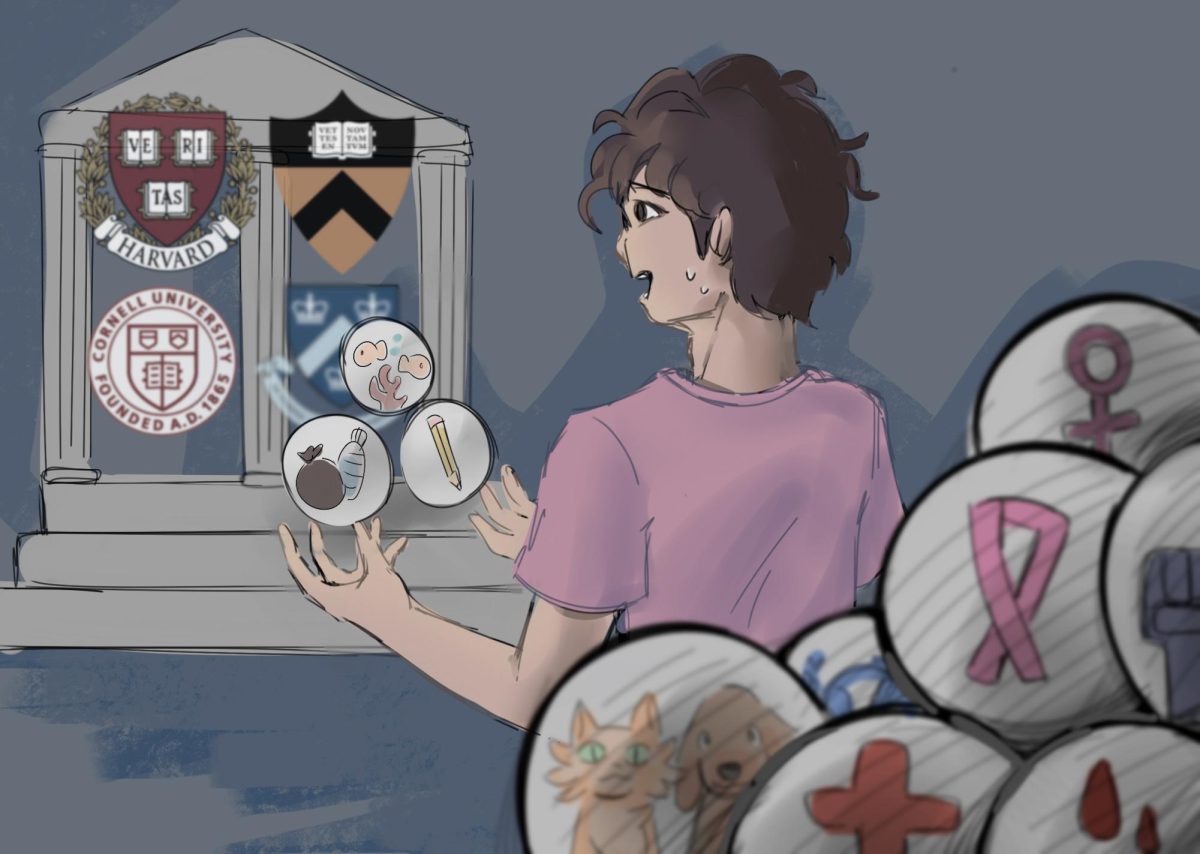

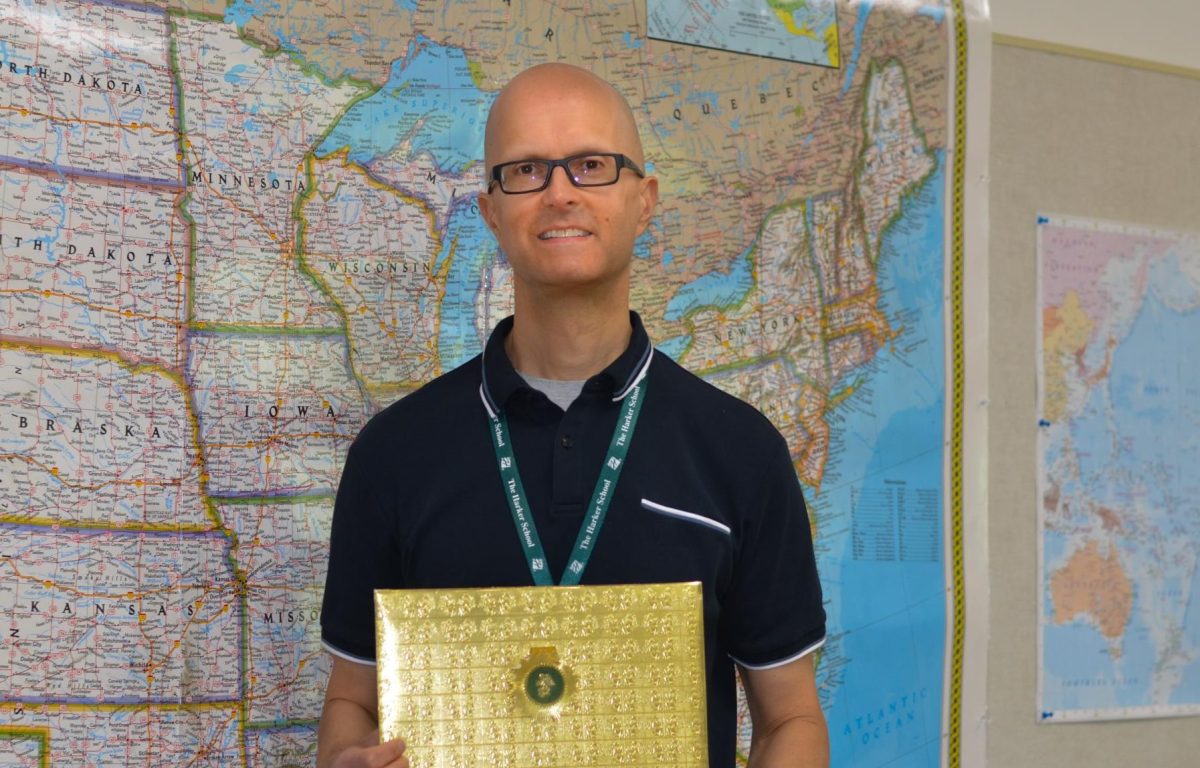

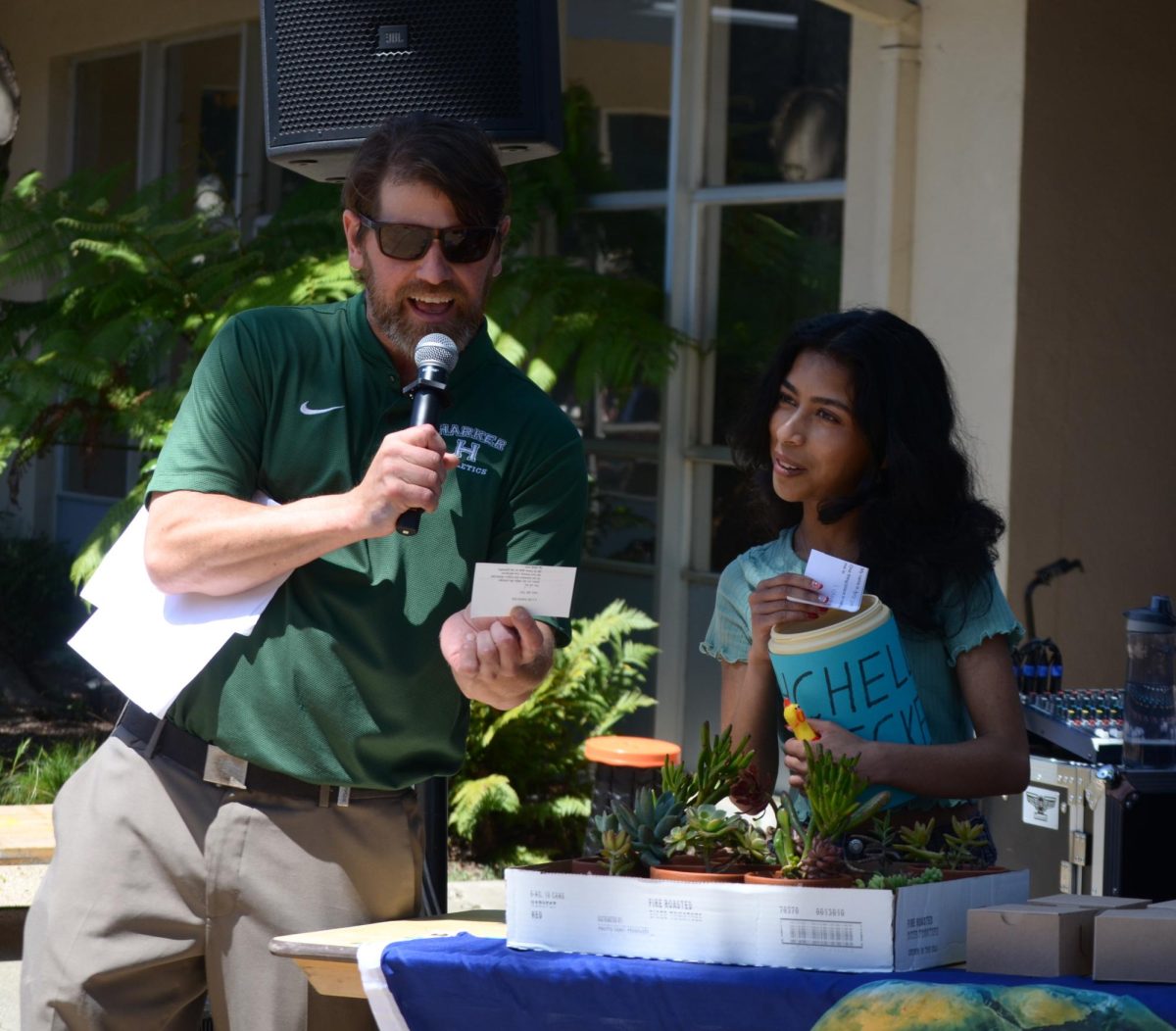


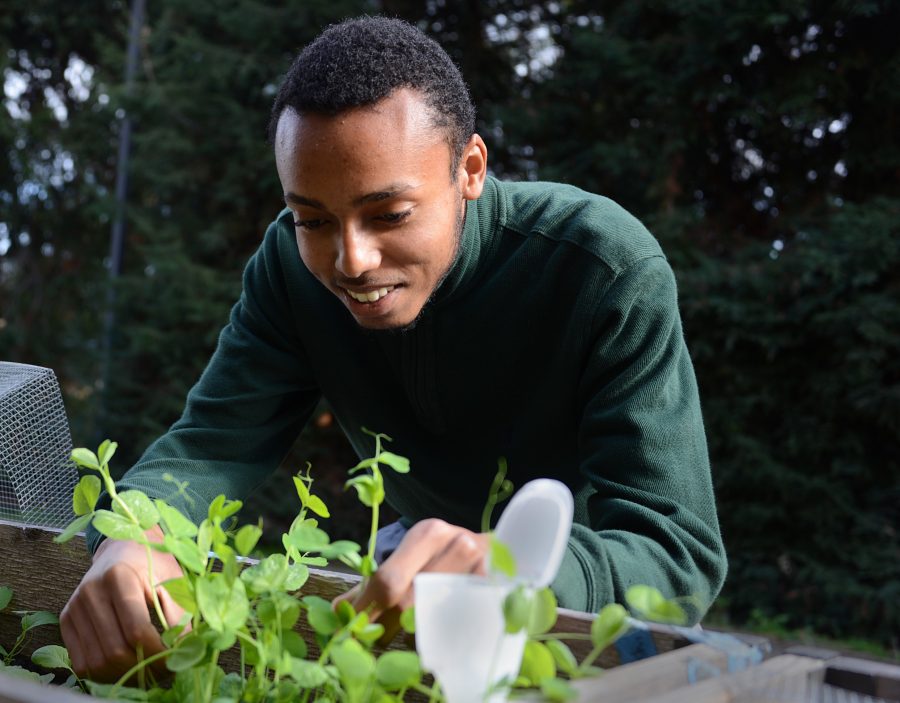
![“I think getting up in the morning and having a sense of purpose [is exciting]. I think without a certain amount of drive, life is kind of obsolete and mundane, and I think having that every single day is what makes each day unique and kind of makes life exciting,” Neymika Jain (12) said.](https://harkeraquila.com/wp-content/uploads/2017/06/Screen-Shot-2017-06-03-at-4.54.16-PM-325x475.png)

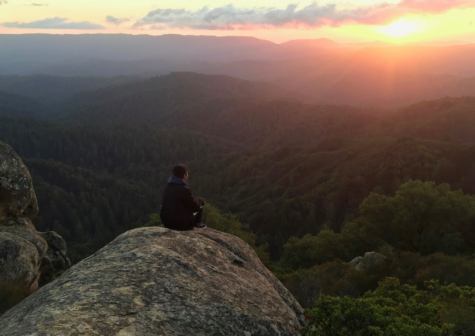

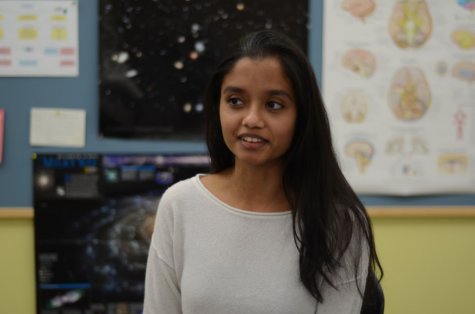

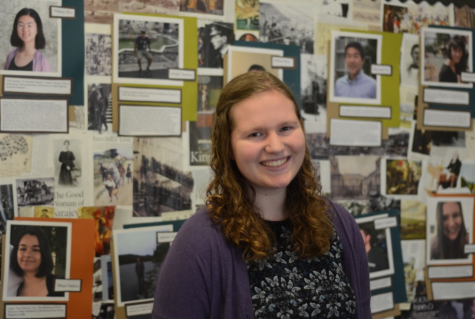
![“[Photography] opened my eyes to things that don’t exist except for in that one-second exposure that your eyes can’t capture, writing can’t capture and even video can’t capture. I think it’s an obsession with the world. I’d look outside, and think, ‘These colors are beautiful,’ even though I really like working in black and white. It’s this overall obsession but the way I learn about myself. The camera, when it’s in my hand, teaches me about who I am, and the things that I don’t really know. It’s really taught me how to love, not just the people I’m with, but the overall world, Alex Mo (12) said.](https://harkeraquila.com/wp-content/uploads/2017/05/Screen-Shot-2017-05-24-at-6.16.20-PM-475x311.png)
![“[I care about] diversity of opinion. Some people think you have to care about one thing only, and you cant care about other things, but I just like Harker because everyone has different perspectives and different ideas. If everyone cared about for example saving the environment or being really good at one sport, then the world wouldnt function, Colt McNealy (12) said.](https://harkeraquila.com/wp-content/uploads/2017/05/Screen-Shot-2017-05-13-at-8.55.53-AM-475x317.png)
